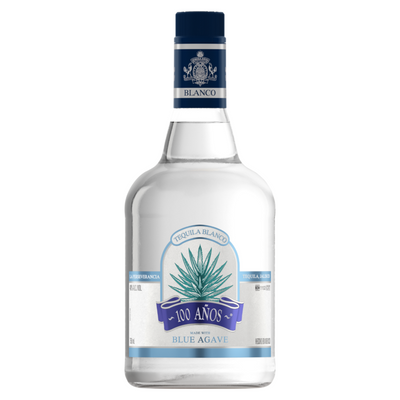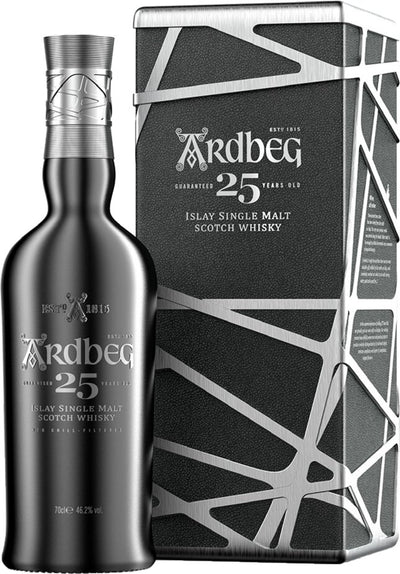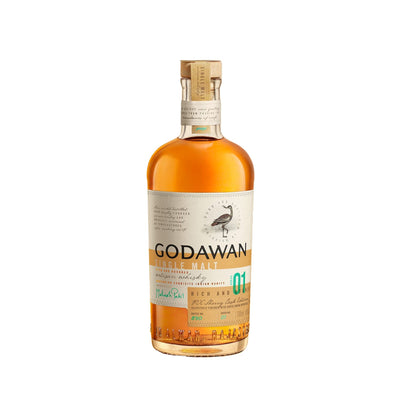Mas De Gourgonnier Les Baux De Provence, Mas De Gourgonnier 2022

Mas De Gourgonnier Les Baux De Provence, Mas De Gourgonnier 2022
- Expertly Packaged
- Authenticity Guaranteed
- Secure payments
- Wine vintage may differ from image
Product information
About the producer
When people talk seriously about “natural” wines, they talk about the organic wines of Mas de Gourgonnier. In the heart of Provence in the 1970s, this family estate was one of the first officially certified organic wineries, back when such a practice was seen as foolish for vine growers trying to make a living. Yet Mas de Gourgonnier’s organic roots go back even further. Since the eighteenth century, the Cartier family has worked these fields, providing the local abbey with freshly grown fruits, vegetables and grain. It was in the 1950s when the family planted its first vines. The rest, as it is said, is history. Here in Mouriès, you’ll find a direct, unadulterated connection between the land and each bottle. The earthy aromas of flowering rosemary, wild sage and juniper and the mountain freshness of the cooling “mistral” winds are all echoed in the estate’s organically raised wines. Mas de Gourgonnier has been a North Berkeley partner for more than 25 years. In this unassuming, rugged appellation, the integrity and consistency of the family’s philosophy and products mirrored our own as an importer. This is a vine-growing family that doesn’t have to “sell” a natural philosophy; it’s simply who they are, and who they’ve always been. This purity of focus and flavor is still true today. Mas de Gourgonnier is one of the bedrock estates in southern France and certainly one that has few peers. The vineyards of Mas de Gourgonnier make up a mini-paradise just south of the granite Alpilles Mountains. The estate is certified organic (Ecocert) and has been since 1975; in fact, it was one of the first in the region. Soils are a mix of decomposed granite and limestone, very rocky and dry. Vineyards are surrounded by pine trees and the natural scrub (garrigue) of the south, perfuming the area with rosemary, thyme and lavender. The estate makes its own compost (from cow/sheep manure) and plows between vineyard rows; beneficial herbs are planted to control pests and moderate vine growth. Grapes are harvested by hand in the early morning hours or late in the evening when temperatures are cooler, and are fermented on indigenous yeasts in temperature-controlled tanks. Very little to no sulfates are added during the fermentation process (for their “Cuvée Sans Soufre,” no sulfates at any stage are added.) Wines are aged in tank for the white and rosé; and in a combination of tank, large oak barrel and older French oak barrels, depending on the vintage, for the reds. All reds are bottled unfined and unfiltered.







